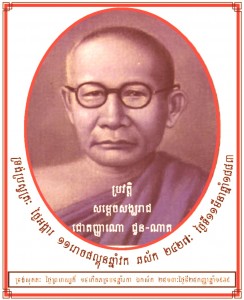No place like home: Can progress and justice co-exist in Cambodia, a country where development leaves a trail of destruction?
For years, Cambodia’s Boeung Kak Lake has been the centre of a David-and-Goliath battle between its residents and the government. Thousands of residents have been forcibly evicted; their homes destroyed for nominal compensation in the name of developing prime real estate in the capital, Phnom Penh.
Locals have cried foul since authorities awarded a 99-year lease to Shukaku Inc – owned by Senator Lao Meng Khin – in 2007 to develop the area, which is home to some 4,000 families. Over the years, villagers who resisted eviction were harassed by security forces and even thugs, often resulting in violent clashes. Those who accepted relocation found themselves in remote areas lacking basic amenities.
The remaining residents witnessed bulldozers turn their neighbourhood into a construction site, as the once scenic lake was filled to make space for a high-end residential and commercial area.
In August 2011, the World Bank halted funding for Cambodia in reaction to the conflict. Under pressure, Prime Minister Hun Sen ordered 12.44 hectares of Boeung Kak to be allocated to the remaining families, who were to receive land titles. By then, fewer than 800 families were left.
But there is a sting in the tail – 94 families among them are ineligible for the titles due to the unclear borders of the segmented area. To muddy the waters, Senator Lao’s name appears more than 20 times in a list of title applicants.
The community says corrupt officials are trying to make money from land allocated to them. It remains united to fight for those who have been excluded from the list.
101 East reporter Chan Tau Chou covered the issue in 2008 when the lake housed a bustling community. He returns to see the remaining people of Boeung Kak face their stiffest challenge yet – to keep their homes as authorities crack down even more violently on protests.
In a country where the trail of development leaves behind a trail of destruction, Boeung Kak turns out to be just the tip of the iceberg. Can development and justice co-exist in Cambodia?


